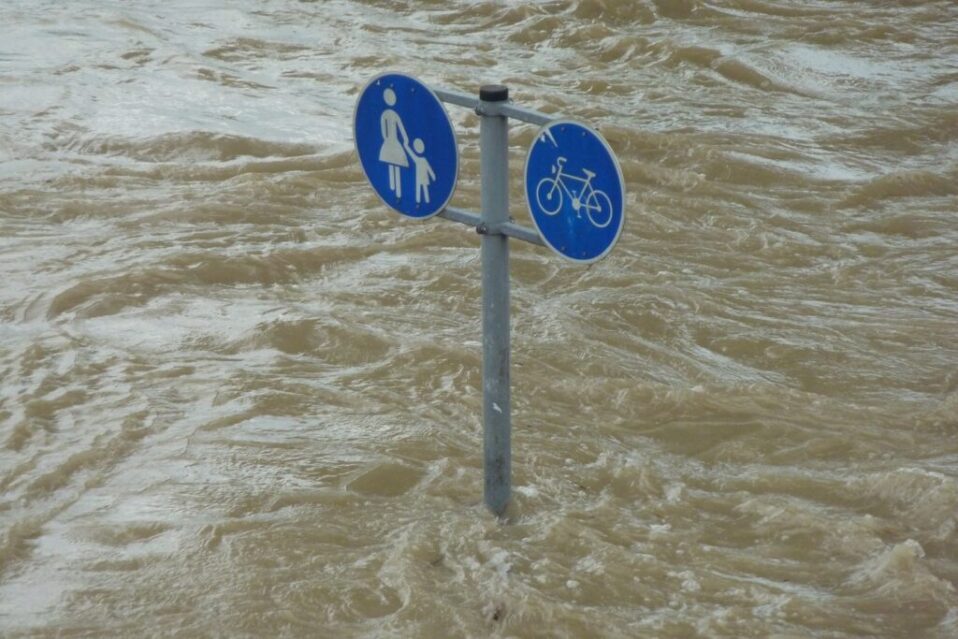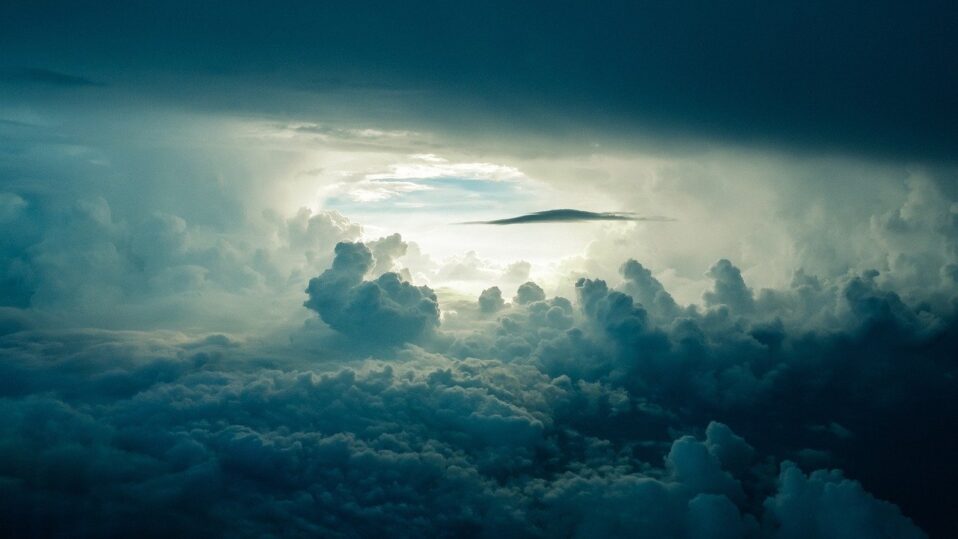COP 26, Pope Francis and You
At an international conference in Madrid in December 2019, UN Secretary-General Antonio Guterres said, “The point of no return is no longer over the horizon. It is in sight and hurtling toward us.” Events in every part of the world are testifying to that fact with droughts, floods, wildfires, and multiple other natural disasters occurring on an almost daily basis. COP 26 (the Conference of the Parties) is a gathering of representatives, many of them Presidents and Prime Ministers, from almost 200 countries who are meeting in Glasgow, Scotland beginning from October 31st to November 12th, 2021 to review the commitments made in Paris in 2015 and to make further commitments that will ensure a sustainable future for all.
The UN Climate Change Conference of the Parties is the world’s most important summit on climate change. This year’s event has been described by climate change experts as “the most significant climate event since the 2015 Paris Agreement”. Scientists agree that a rise in temperature above 1.5⁰ C would cause more catastrophic weather events and increase global migration due to lands becoming uninhabitable as well as the extinction of species. Unfortunately, the targets announced in Paris, scientists tell us, would result in warming well above 3⁰ C by 2100 compared to pre-industrial levels.
Controversy continues to exist among nations with who is responsible for the warming of the planet that is already occurring, who should do what to keep it from getting worse, and how to live with the damage already done. The United States and Europe are primarily responsible for the largest share of emissions that have already heated the planet. The largest share of emissions produced right now comes from China. Unfortunately, it is the marginalized and economically poor who will suffer disproportionately and yet, they have done little to contribute to the causes of climate change.
Scientists continue to tell world leaders that success in battling climate change will be measured by how quickly the global economy can pivot away from fossil fuels. The science is clear on what needs to be done. Emissions of carbon dioxide, methane and other greenhouse gases need to be cut by nearly half by 2030, less than a decade away. In fact, they are continuing to grow. Just last week the World Meteorological Organization warned that the amount of heat-trapping greenhouse gases in the atmosphere had reached a record high in 2020 despite the pandemic and is rising again this year.
In a letter written to Religious leaders, Representatives and excellencies who will be attending COP 26, Pope Francis thanked those participating in the conference for being willing to dialogue but then continued by proposing “three concepts that can guide reflection on this shared endeavor: openness to interdependence and sharing, the dynamism of love and the call to respect. Francis reiterated his call for an integral ecology as called for in Laudato Si’. He stated that “everything is connected in our world, everything is profoundly interrelated.” He invites conference participants to not only address the harmful effects of our actions, but also to identify what types of behaviors and solutions need to be adopted to counteract these negative effects. He calls for a future shaped by interdependence and co-responsibility that flows out of the dynamism of love. He speaks of a love that draws us out of ourselves toward others and a love that needs to be nurtured on a daily basis; a love that embraces the marginalized and vulnerable. He emphasizes that that our current culture is a “throwaway culture” centered on “greed, indifference, ignorance, fear, injustice, insecurity and violence”. He emphasizes again the necessity of working together for a culture of care for our common home.
In his call for respect, Francis writes that respect is essential on multiple levels: respect for our Creator and creation, respect for others, respect for ourselves and a mutual respect between faith and science. He calls for all to get to know one another and walk together on a common journey towards wholeness.
Each and every one of us can be challenged by Francis’ words. A few questions for reflection:
• Do I see myself as interconnected with the world around me?
• Do I see myself as part of a “throwaway culture”?
• What steps can I take to work with others towards the common good?
• Do I know the principles of Catholic Social Teaching? Do they have an influence on my life?
• Do I live out of an integral ecology; an ecology that advocates for a holistic approach to the political, social, economic, and environmental problems confronting the world today?
• Do I hold myself accountable for how the decisions I make will affect others and the planet on which I live?
To Do:
• Pray daily for those participating in COP 26 that they will have the courage to make the decisions necessary to protect Earth for all.
• Learn more about what the Catholic Church is doing about environmental justice by going to www.catholicclimatecovenant.org.
• Sign the Healthy People, Healthy Planet petition at www.catholicpetition.org.
• Continue to write letters to the editor and to Congress persons in support of renewable energies and the Green Climate Fund.
• Read Laudato Si’ and participate in the Laudato Si’ 7-Year Action Platform. (EarthConnection will be providing more information on this when the official launch of the platform takes place on November 14th.)


